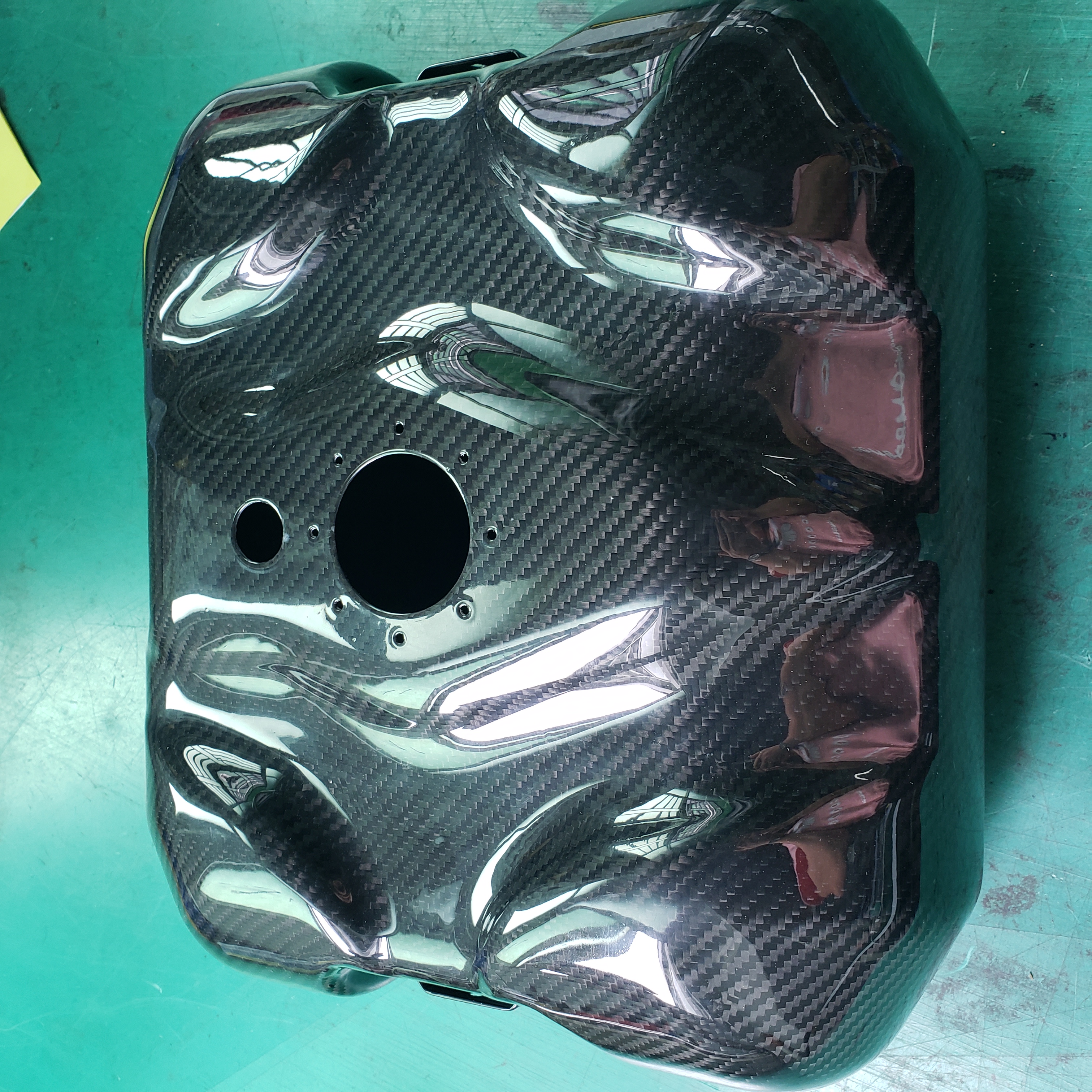Advantages of carbon fiber autoclave molding process:

1. High strength-to-weight ratio: Carbon fiber composites are known for their exceptional strength-to-weight ratio. Autoclave molding ensures that the carbon fibers are evenly distributed and consolidated, resulting in a high-strength final product.
2. Excellent stiffness: Carbon fiber autoclave molding process allows for the precise control of fiber orientation, resulting in composites with excellent stiffness properties. This makes them suitable for applications where rigidity is crucial, such as aerospace components.
3. Superior fatigue resistance: Carbon fiber composites are highly resistant to fatigue failure, making them ideal for applications that require repetitive loading and unloading cycles.
4. Enhanced dimensional stability: Autoclave molding ensures that carbon fiber composites have minimal dimensional changes under varying temperature and humidity conditions. This makes them suitable for applications that require high dimensional stability, such as precision instruments.
5. Complex shapes and designs: Autoclave molding allows for the production of complex shapes and intricate designs that may not be achievable with other manufacturing processes. This gives designers and engineers more flexibility in creating innovative products.
Disadvantages of carbon fiber autoclave molding process:
1. High cost: Autoclave molding is a costly process due to the specialized equipment required, such as autoclaves and vacuum systems. The high cost of equipment and energy consumption can make carbon fiber composites expensive compared to other materials.
2. Time-consuming: Autoclave molding process involves several steps, including layup, vacuum bagging, curing, and cooling. Each step requires precise control and can take a significant amount of time, resulting in longer production cycles.
3. Limited scalability: Autoclave molding is not easily scalable for mass production due to the time-consuming nature of the process. It is more suitable for low to medium volume production, which can limit its application in industries that require high production rates.
4. Environmental concerns: The autoclave molding process involves the use of high temperatures and pressure, which can consume significant amounts of energy. This can contribute to higher carbon emissions and environmental impact compared to other manufacturing processes.
5. Operator skill requirements: Autoclave molding requires skilled operators who have a deep understanding of the process and can handle the specialized equipment and materials. This can increase labor costs and make the process more reliant on skilled labor.
Injection Molded Aluminum Nut
Aluminum Nut
Hexagonal Nuts
Nylon Nuts
Stainless Steel Nuts
Round Nuts
Nylon Insulation Washer
Nylon Plastic Washer
Nylon Shoulder Washer



